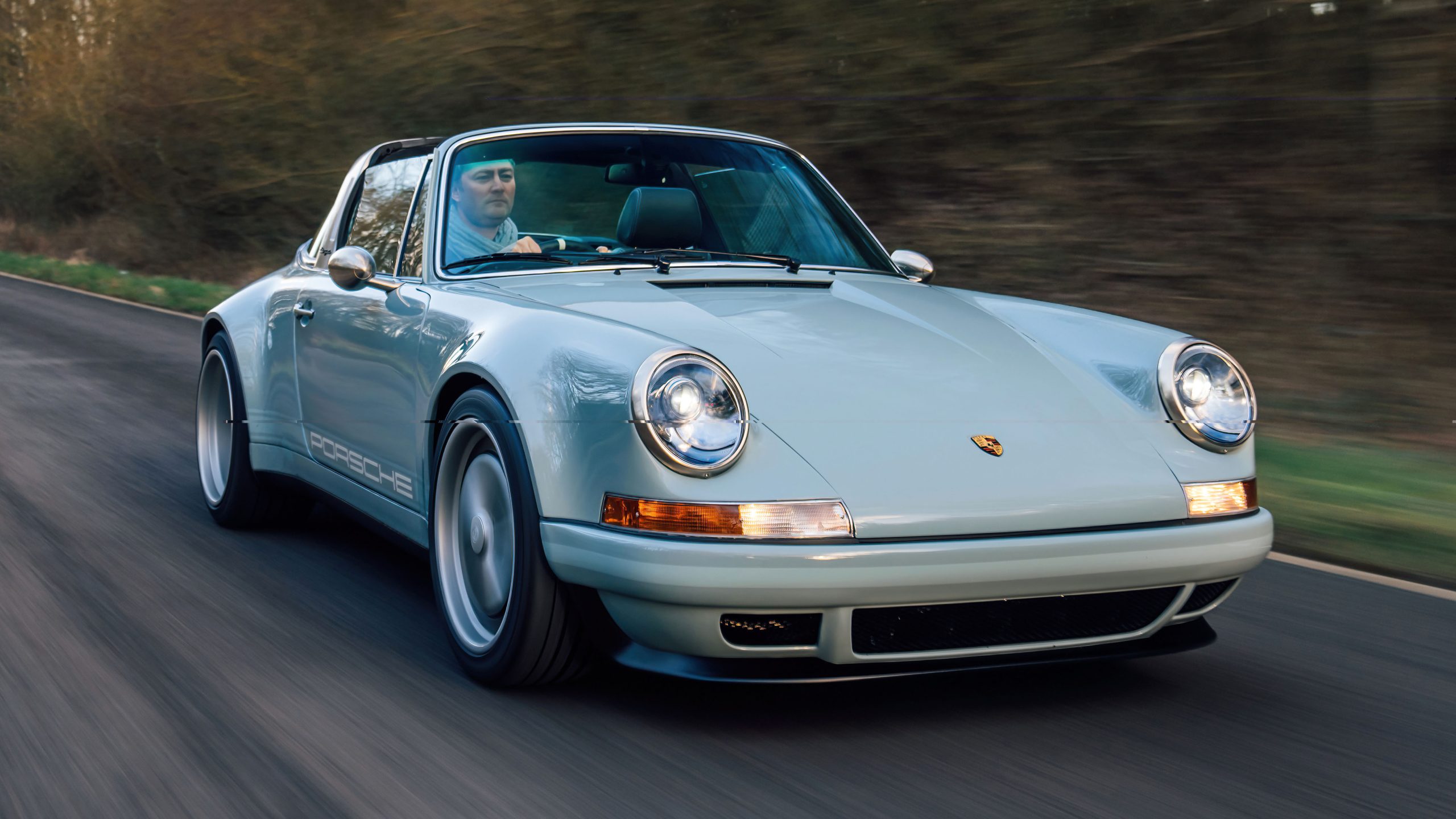When purchasing a car, whether brand new or used, one of the most important considerations for many buyers is how well that vehicle will hold its value over time.
Resale value isn’t just about the initial cost or monthly payments; it reflects the broader financial implications of ownership, including depreciation, reliability, maintenance costs, and market demand.
Cars that maintain high resale value protect their owners from steep financial losses when it’s time to sell or trade in the vehicle. Conversely, cars with poor resale value can leave owners with far less return on their investment, sometimes even resulting in negative equity.
Understanding the dynamics behind resale value is essential for making informed automotive decisions, especially in a market flooded with countless models, trims, and price points.
A significant factor influencing resale value is the reputation a car and its manufacturer build over time. This reputation is a composite of factors such as mechanical reliability, build quality, brand perception, customer satisfaction, and overall desirability in the used market.
Vehicles from manufacturers known for durability, safety, and customer support often command premium resale prices because buyers trust that these cars will remain functional and cost-effective over many years.
In contrast, cars that develop reputations for frequent breakdowns, costly repairs, or lackluster driving experiences tend to depreciate faster and sell for less in the used car market. This reputational impact goes beyond mere aesthetics or new-car appeal—it directly influences the vehicle’s long-term financial viability.
The interplay between reputation and resale value is particularly evident when examining two distinct groups of vehicles. On one hand, there are models like the Toyota Tacoma, Honda Civic, and Porsche 911, which consistently rank among the best in resale value charts.
These vehicles enjoy loyal customer bases and a strong presence in used car listings, often retaining 60-70% of their original value even after several years.
Their reputations for reliability, engineering excellence, and brand prestige make them attractive choices for buyers who want both performance and value retention. On the other hand, cars like the Nissan Versa, Fiat 500, and Mitsubishi Mirage suffer from poor resale performance.
These models often depreciate rapidly, sometimes losing more than half their value in just a few years. Their weaker reputations stem from issues like mechanical unreliability, limited dealer support, and lack of widespread appeal, making them less desirable in the resale market.
Exploring these contrasting groups in depth sheds light on the crucial aspects that drive or hinder resale value. Factors such as build quality, driving dynamics, brand loyalty, and after-sales service come to the forefront. For instance, vehicles with robust engineering and widely available parts tend to require fewer expensive repairs, which boosts buyer confidence.
Similarly, cars that are perceived as fun to drive, safe, and stylish hold appeal across various demographics, ensuring steady demand. Brand loyalty also plays a significant role; owners of certain marques are more likely to maintain their cars meticulously and pass on favorable word-of-mouth recommendations, further enhancing resale prospects.
Additionally, market trends and cultural influences can amplify or diminish a vehicle’s resale value. For example, the rising popularity of SUVs and crossovers has shifted buyer interest away from traditional sedans, affecting the resale of compact sedans.
Vehicles associated with certain lifestyles—like the Jeep Wrangler’s off-road ruggedness or the Subaru Outback’s adventure-ready versatility—can command higher prices because they symbolize more than just transportation. Meanwhile, cars lacking a clear identity or those that appeal only as low-cost, entry-level options often struggle to retain value.
In this article, we will examine five cars known for their reputation-based strong resale value and contrast them with five vehicles whose reputations have little or no positive influence on their used market value.
By delving into the reasons behind their depreciation or value retention, prospective car buyers can gain a nuanced understanding of what makes a car a wise investment beyond just its initial price tag.
Ultimately, this knowledge empowers consumers to select vehicles that align with both their driving needs and financial goals, avoiding costly mistakes and maximizing long-term value.
ALSO READ: 5 Cars You Can Buy Without Second Thoughts and 5 That Require Deep Research
5 Cars With Reputation-Based Resale Value
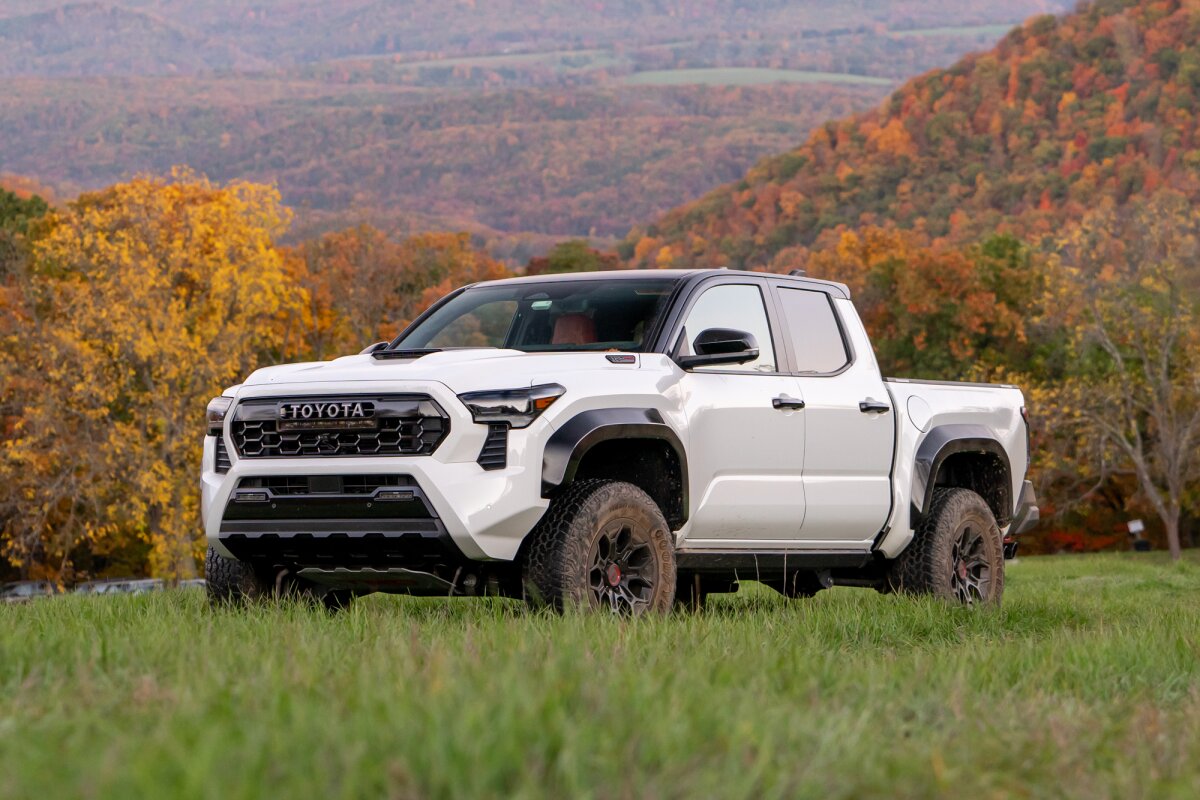
1. Toyota Tacoma
The Toyota Tacoma is arguably one of the most iconic midsize trucks in the United States, boasting a reputation that stretches well beyond its immediate performance metrics.
Its resale value is legendary in the automotive world, often cited in consumer reports and industry analyses as the benchmark for durability and long-term dependability.
The truck’s ability to retain value begins with Toyota’s overarching commitment to engineering excellence, which manifests in robust mechanical components that withstand years of demanding use without requiring costly repairs.
The Tacoma’s drivetrain, including its engine and transmission, is known for exceptional longevity, often exceeding 200,000 miles with minimal issues when properly maintained. This reliability makes it a favorite not only among truck enthusiasts but also commercial users who demand a workhorse they can depend on.
Beyond mechanical reliability, the Tacoma’s design philosophy contributes significantly to its value retention. The truck balances ruggedness with comfort and modern technology, making it versatile for both urban and off-road applications. Its mid-size frame offers maneuverability in tighter spaces where larger trucks struggle, attracting buyers who want capability without the bulk.
Off-road features, such as advanced suspension systems and specialized trims like the TRD Pro, further elevate its desirability, especially among outdoor enthusiasts.
These factors create a steady demand in the used market. When combined with Toyota’s reputation for quality, the Tacoma consistently enjoys strong resale prices, sometimes fetching values close to or even exceeding new trucks of competing brands several years after purchase.
Additionally, Tacoma benefits from a broad and loyal customer base, which further solidifies its resale value. Owners tend to keep their Tacomas well-maintained, often upgrading or customizing them, which in turn keeps the vehicle appealing to prospective buyers who see these trucks as reliable, well-cared-for assets.
The cultural perception of Tacoma as a dependable and timeless vehicle plays a crucial role, especially in regions where outdoor activities are common.
The fact that used Tacomas rarely flood the market contributes to scarcity, which drives prices upward. In summary, the Toyota Tacoma’s resale value is a reflection of superior engineering, versatile design, strong brand reputation, and a passionate customer base that values the truck’s utility and longevity.
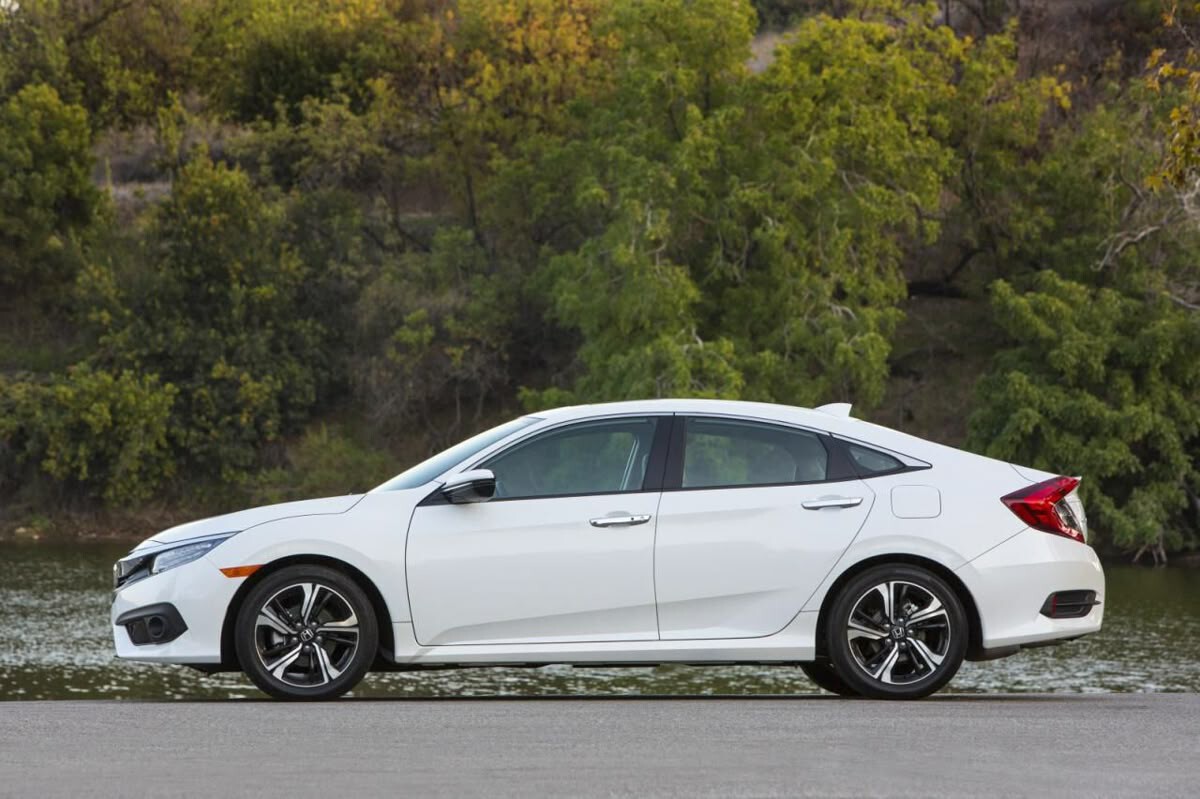
2. Honda Civic
The Honda Civic stands as a true icon in the compact car segment, with a reputation for reliability and practicality that has spanned multiple generations.
Its resale value benefits greatly from this reputation, as well as its wide appeal and low cost of ownership. One of the primary reasons the Civic holds its value so well is the proven dependability of its powertrains and chassis.
Honda’s engineering has long emphasized durability, with many Civics clocking hundreds of thousands of miles while maintaining mechanical integrity. This reliability translates into fewer unexpected repairs, lower maintenance costs, and overall peace of mind for buyers of used models.
The Civic’s fuel efficiency, combined with an enjoyable driving experience, means it appeals to a broad spectrum of drivers, from daily commuters to small families, increasing its demand in the secondary market.
Moreover, the Civic’s reputation is bolstered by Honda’s commitment to innovation without sacrificing reliability. Over the years, the Civic has incorporated advanced safety features, modern infotainment systems, and efficient powertrains like turbocharged engines and hybrid variants.
These updates keep the car relevant and desirable even as newer generations arrive. This ability to evolve while maintaining core reliability helps Civics retain value because buyers know they are investing in a vehicle with a proven track record and modern features.
The Civic’s design, combining practicality with a degree of sportiness, attracts drivers who want a car that’s both fun to drive and economical. This dual appeal means the Civic does not just compete on price but also on value perception, which supports higher resale prices.
Another critical factor supporting the Civic’s resale value is Honda’s brand reputation for customer satisfaction and quality. Consumer confidence in Honda vehicles is consistently high, which encourages buyers to trust that used Civics will be well-maintained and dependable.
This trust drives competition among used car buyers, which in turn elevates resale prices. Furthermore, the availability of certified pre-owned Honda Civics, backed by manufacturer warranties and thorough inspections, helps sustain demand in the used market. Buyers are willing to pay a premium for these assurances.
Collectively, the Honda Civic’s strong engineering foundation, commitment to innovation, and excellent brand reputation culminate in impressive resale value, making it one of the smartest buys in the compact car category.
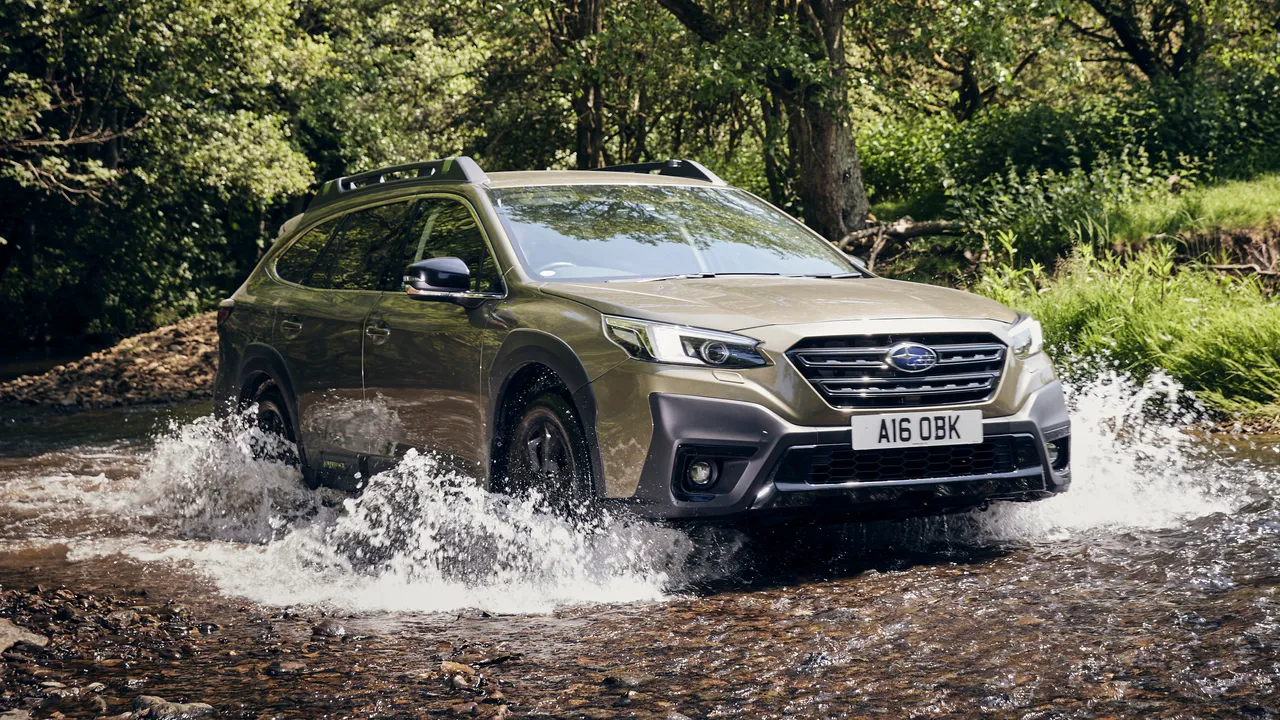
3. Subaru Outback
The Subaru Outback occupies a unique space in the automotive world, blending the functionality of a wagon with the ruggedness of an SUV, all while promoting a lifestyle centered around adventure and practicality. This positioning has earned it a loyal following, which directly translates to strong resale value.
One of the key attributes behind the Outback’s impressive retention of value is its standard all-wheel-drive system, which enhances safety and traction in various driving conditions, particularly in regions with inclement weather or rough terrain.
Buyers who live in such environments actively seek out used Outbacks because they provide peace of mind and versatility that many other crossovers and SUVs cannot match. This high demand keeps the Outback competitive in the resale market.
In addition to its mechanical capabilities, the Outback’s reputation for safety and reliability plays a significant role. Subaru consistently scores well in safety ratings, thanks to features like EyeSight Driver Assist technology, advanced airbags, and robust crash structures.
This safety reputation appeals to families and practical-minded buyers, who are willing to pay more for vehicles that offer added protection. Reliability, while not perfect, is generally strong for the Outback, with many owners reporting long-lasting vehicles with routine maintenance.
Subaru’s engineering focus on boxer engines and symmetrical all-wheel drive helps distribute weight evenly, enhancing balance and stability, which further contributes to owner satisfaction. All these factors enhance the Outback’s desirability in the used market, enabling it to command higher prices than many competitors.
Furthermore, the Subaru Outback has cultivated a strong brand identity tied to an active, outdoor lifestyle. Marketing campaigns emphasize ruggedness and adventure, which resonates with buyers who value vehicles that can handle both daily commuting and weekend getaways.
This identity creates a passionate community of owners who maintain their vehicles well, often opting for upgrades and careful upkeep. The presence of a dedicated aftermarket and the availability of certified pre-owned models also help retain value.
Unlike many vehicles that become just utilitarian used cars, the Outback enjoys an emotional appeal that supports strong demand. The cumulative effect of this reputation, practical capability, and owner loyalty makes the Subaru Outback a prime example of a car that holds its resale value exceptionally well.
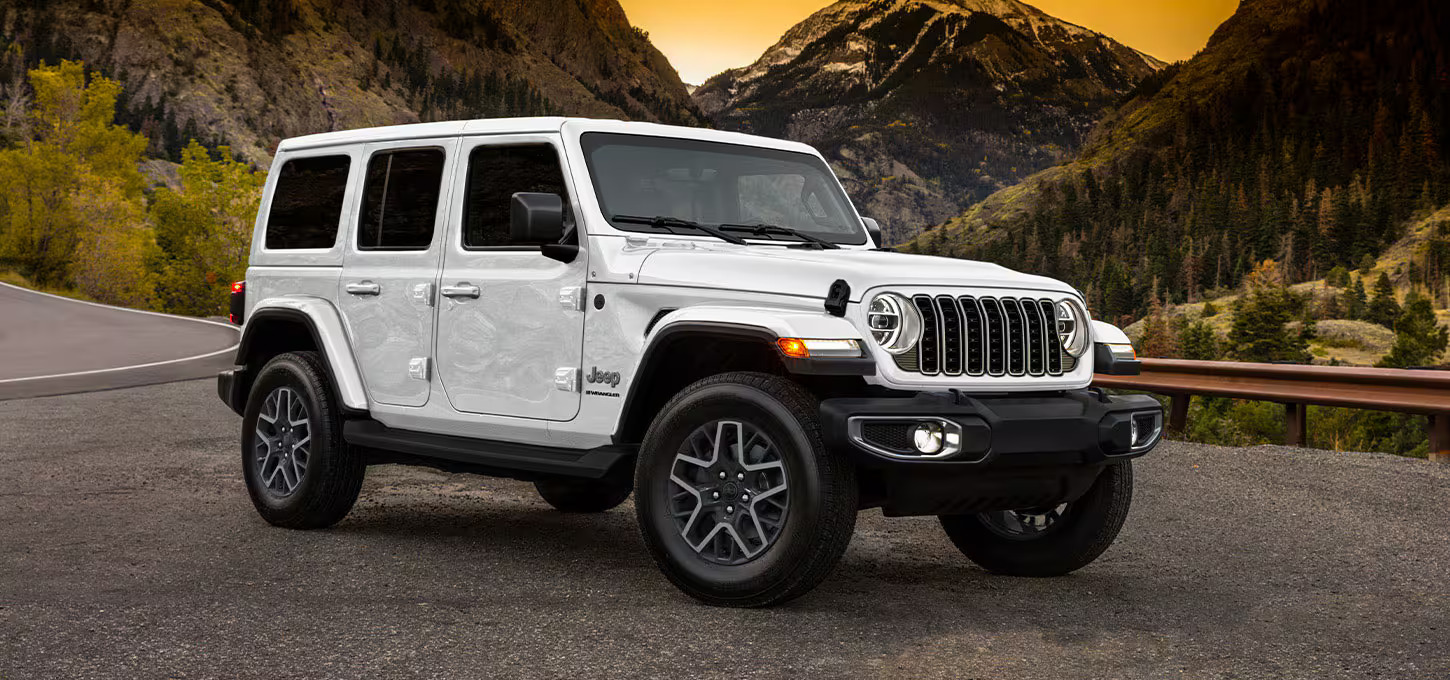
4. Jeep Wrangler
The Jeep Wrangler is a cultural phenomenon more than just an SUV, and this status is the cornerstone of its impressive resale value. Unlike typical SUVs, the Wrangler’s design and heritage make it a lifestyle symbol, which fuels ongoing demand and strong pricing in the used market.
The Wrangler’s rugged construction and legendary off-road prowess mean it appeals to a very passionate segment of buyers who prioritize adventure, freedom, and customization options.
Even as newer SUVs offer more comfort and technology, the Wrangler’s raw, open-air experience and iconic look remain unmatched. This distinctiveness creates a high level of desirability among enthusiasts and collectors, who are willing to pay premium prices to own a piece of automotive history.
Mechanically, the Wrangler is built to endure harsh conditions, which contributes to its durability and reputation. Though it may not be the smoothest or most fuel-efficient SUV on the market, its robustness is a key selling point. Buyers know that a Wrangler with a solid service history can remain reliable and operational for many years.
The availability of aftermarket parts and a vibrant community of Jeep owners further enhances the vehicle’s value by enabling extensive customization and repairs. This ecosystem supports the Wrangler’s reputation for longevity and keeps the vehicle fresh and desirable even as it ages.
Jeep’s strategy of offering various trims and special editions, like the Rubicon or the 4xe hybrid, maintains consumer interest and allows owners to tailor their Wranglers to specific tastes, reinforcing resale value.
Additionally, the Wrangler benefits from scarcity and cultural cachet. It is a vehicle that transcends its utility role to become a collector’s item in some cases, with early or special edition models appreciating over time.
Its enduring popularity among younger buyers and those seeking a nonconformist, adventurous lifestyle means used Wranglers rarely sit unsold for long, driving prices up.
Jeep’s marketing and the social identity associated with owning a Wrangler add intangible value that many vehicles cannot match. For these reasons, the Jeep Wrangler remains a standout in the SUV market, enjoying resale values far above the average due to reputation, community, and a unique blend of capability and character.
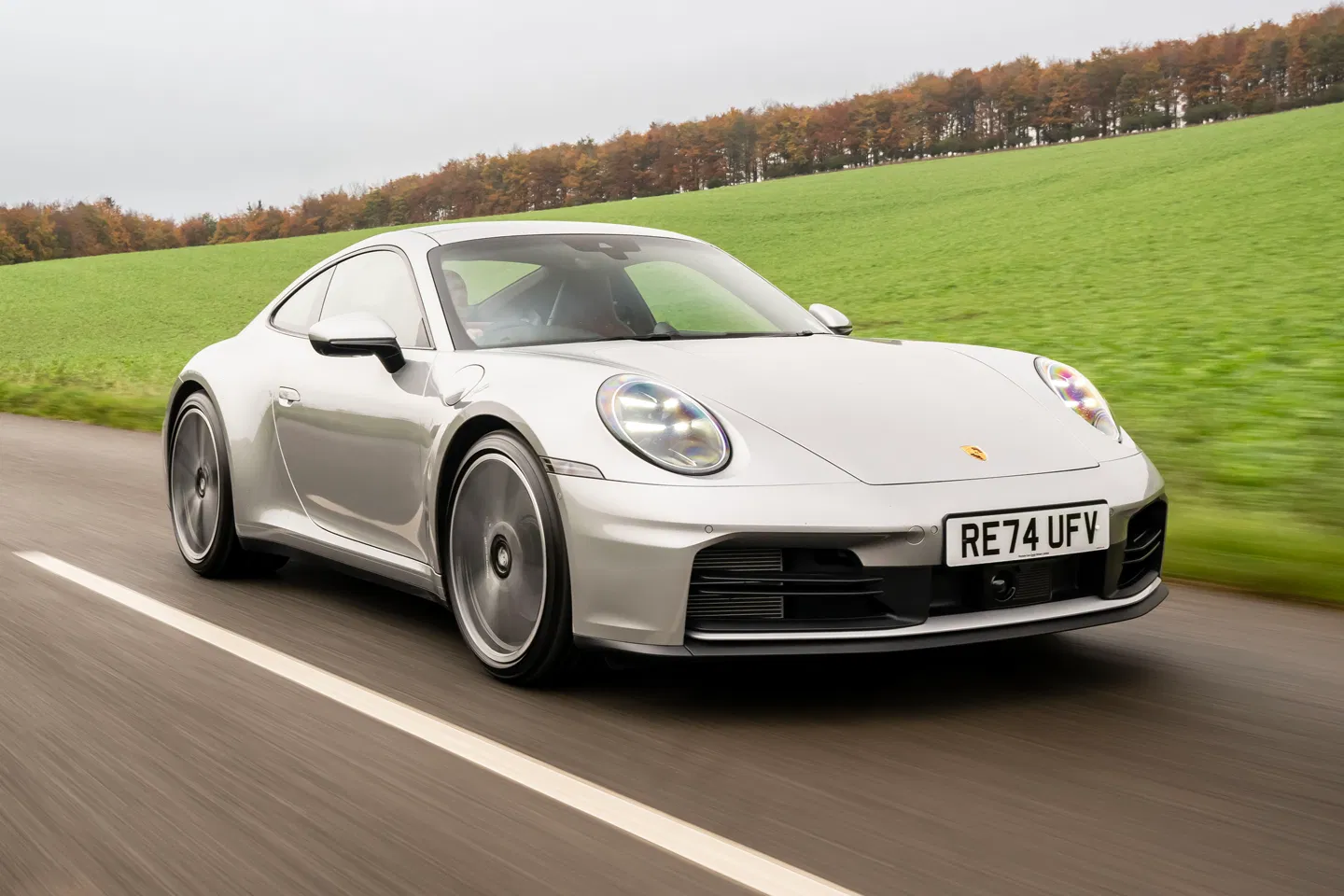
5. Porsche 911
The Porsche 911 is the quintessential sports car that transcends mere transportation to become an icon of engineering excellence, design, and driving passion. It is rare to find a luxury or performance vehicle that holds its resale value as well as the 911, but its legendary status and brand prestige create an enduring appeal among buyers.
Porsche’s meticulous attention to detail, combined with decades of racing heritage, ensures the 911 delivers a driving experience that enthusiasts crave, which in turn sustains high demand in the used market.
The 911’s mechanical components, such as its flat-six engine and rear-engine layout, have evolved but remained fundamentally consistent, contributing to a loyal following who appreciates the blend of tradition and performance.
Furthermore, Porsche’s commitment to quality and durability means the 911 is not just a weekend toy but a car that can be driven and enjoyed daily while maintaining its value.
Unlike many exotic or luxury cars that depreciate rapidly due to high maintenance costs and complex engineering, the 911 benefits from a relatively strong ownership experience.
Certified pre-owned programs and extensive dealer support also enhance buyer confidence, reducing perceived risk. This strong support network encourages buyers to invest in used 911s, sustaining their market value.
Additionally, Porsche’s continuous innovation in materials, performance upgrades, and design refinements keeps the 911 relevant in a competitive market, appealing to both new enthusiasts and seasoned collectors.
Another key aspect of the 911’s resale strength is its cultural and historical significance. The car has become a symbol of status, engineering prowess, and driving purity, attracting a clientele that sees ownership as both an emotional and financial investment.
Limited edition models and classic variants often appreciate over time, underscoring the 911’s uniqueness among performance cars. This collectible quality, combined with its real-world usability, sets the Porsche 911 apart from many sports cars that lose value quickly after purchase.
In essence, the 911’s blend of heritage, quality, driving experience, and brand prestige ensures it remains a strong contender in the resale market, appealing to buyers who seek both passion and value retention.
5 Cars With Little or No Reputation-Based Resale Value
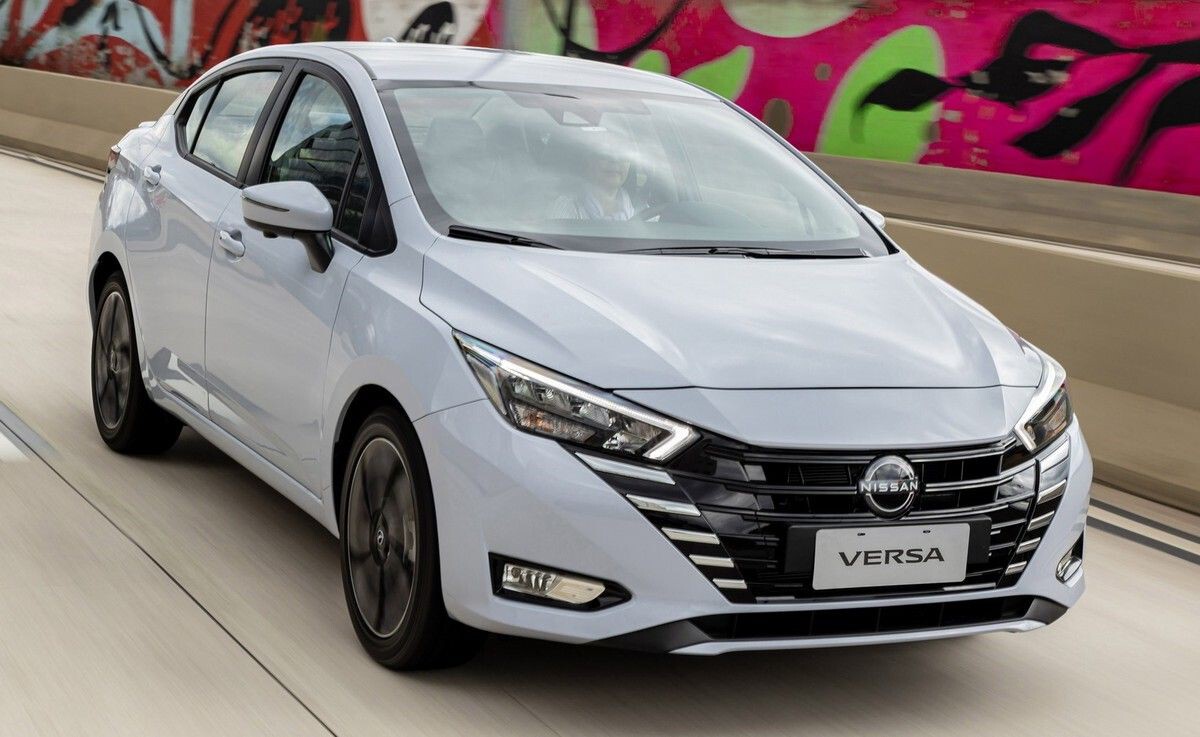
1. Nissan Versa
The Nissan Versa is widely known in the automotive community as one of the vehicles that suffers from significant depreciation and poor resale value, despite its low purchase price and fuel-efficient nature.
At first glance, the Versa appeals to budget-conscious buyers looking for an affordable entry-level sedan or hatchback, but its reputation undermines its long-term value.
Much of this comes down to Nissan’s position in the marketplace and the Versa’s overall execution. Unlike other compact cars that balance affordability with a strong reputation for reliability and owner satisfaction, the Versa is often seen as a bare-bones option that cuts corners on interior materials, performance, and features.
This perception leads many buyers to view the Versa as a disposable or short-term car rather than a long-term investment.
Reliability and performance issues have also marred the Versa’s reputation. Although the car employs relatively simple mechanics, owners and reviewers alike have reported problems such as premature wear on suspension components, transmission hesitations, and occasional electrical quirks.
These issues, combined with the car’s uninspiring driving dynamics and cramped cabin, mean that resale buyers tend to avoid the Versa in favor of more engaging or better-built alternatives from Honda or Toyota.
Moreover, the vast supply of used Versas flooding the market keeps prices low, as sellers struggle to find buyers willing to pay a premium for a car without a strong brand or reputation to back it up.
While the Versa serves well as a budget new car, its lack of desirability once used translates into heavy depreciation, making it one of the worst cars for resale value.
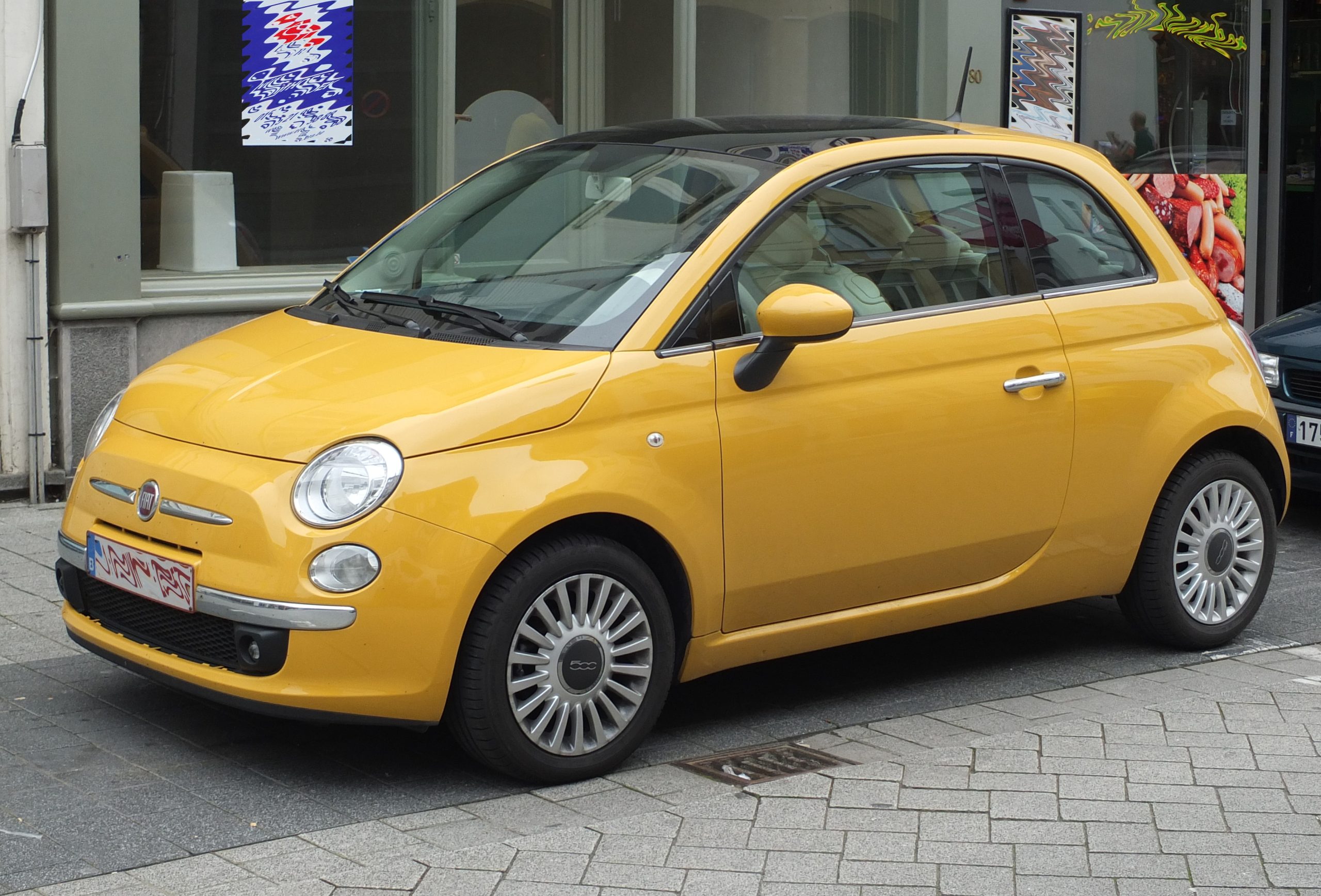
2. Fiat 500
The Fiat 500 entered the market with a wave of enthusiasm thanks to its distinctive retro styling, compact footprint, and European flair. However, beneath its charming exterior lies a vehicle plagued by reliability concerns and maintenance issues that have severely damaged its reputation and resale value.
The Fiat 500’s appeal is largely limited to urban buyers seeking a cute, easy-to-park car, but even in this niche, it faces stiff competition from more dependable Japanese and Korean subcompacts.
Many owners report recurring problems such as electrical malfunctions, transmission failures, and quality control issues that make ownership frustrating and expensive over time.
These problems undermine consumer confidence, leading to a steep drop in resale value as buyers avoid taking on potential headaches.
In addition to reliability, the Fiat 500 struggles with its perceived value proposition. While it is marketed as a premium small car with a European pedigree, many buyers feel that the interior quality, space, and feature set do not justify the often higher price point compared to rivals.
The small size also limits practicality, with tight rear seats and minimal cargo capacity detracting from everyday usability. Fiat’s relatively limited dealer network and service infrastructure in some regions further complicate ownership, discouraging potential buyers in the used market.
Consequently, the Fiat 500 depreciates quickly, often selling for fractions of its original price within just a few years. Its reputation as a quirky but problematic vehicle ultimately harms its resale prospects, making it a poor investment for buyers who care about long-term value.
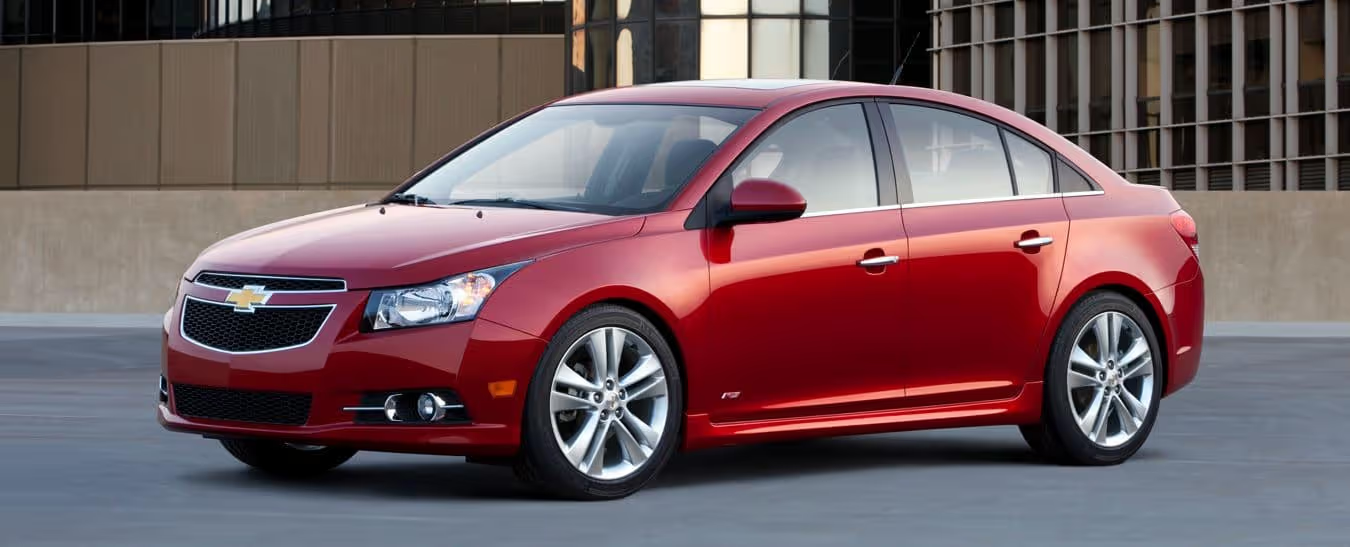
3. Chevrolet Cruze
The Chevrolet Cruze initially entered the compact sedan market with promise, offering attractive styling, a competitive price, and solid fuel economy.
However, over the years, the Cruze has developed a reputation that works against it in the resale market. The car’s most significant challenge has been concerns over reliability and mechanical issues, which have eroded consumer confidence.
Owners have reported a variety of problems, including engine stalling, turbocharger failures, and electrical glitches that detract from the car’s overall dependability.
Such issues not only increase maintenance costs but also scare away potential buyers in the used car market who prioritize reliability. This loss of trust contributes to a quicker depreciation curve compared to more proven competitors like the Honda Civic or Toyota Corolla.
Another factor working against the Cruze is its brand positioning. Chevrolet’s image, while strong in some segments like trucks and SUVs, doesn’t carry the same weight in the compact car class. The Cruze often faces competition from Japanese and Korean models that are known for longevity and lower ownership costs, making it harder to command a premium resale price.
Moreover, the sedan market in general has been shrinking due to the rise of crossovers and SUVs, which means fewer buyers are interested in compact sedans like the Cruze. This reduced demand, combined with lingering quality concerns, results in steep depreciation and poor resale value.
Although the Cruze may serve well as an affordable new car, its reputation and market conditions make it one of the least appealing options for those seeking to preserve value.
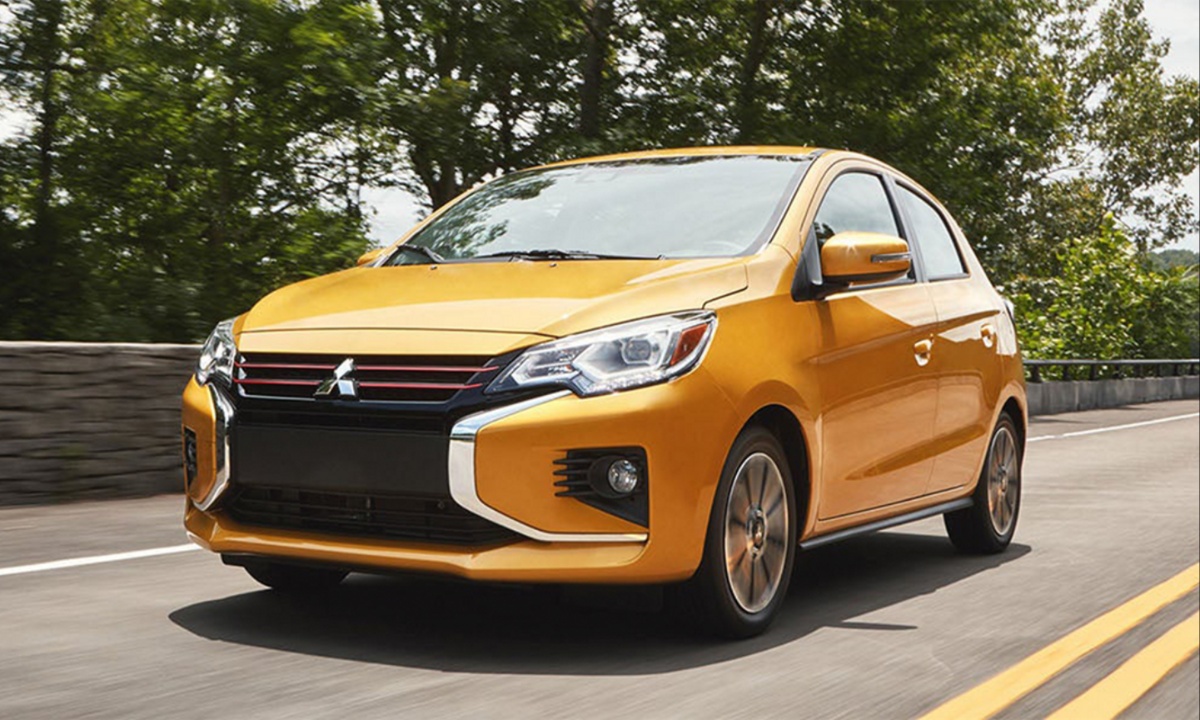
4. Mitsubishi Mirage
The Mitsubishi Mirage is frequently criticized for its weak resale value and poor reputation despite being one of the most affordable new cars available. The Mirage’s main selling points include exceptional fuel economy and a low price tag, but these come with significant compromises that affect its long-term desirability.
Performance-wise, the Mirage is underpowered, with a small three-cylinder engine that struggles to provide adequate acceleration and often feels strained during highway driving.
The driving experience is further hampered by a noisy cabin, minimal sound insulation, and basic interior materials, all of which detract from comfort and overall owner satisfaction.
These factors combine to create a perception of the Mirage as a budget, economy-focused vehicle that sacrifices quality and refinement for price.
Reliability is another mixed area for the Mirage. While it has a relatively simple mechanical setup, owner reviews and automotive critics point out issues such as transmission concerns and electronic glitches.
Additionally, Mitsubishi’s brand reputation has weakened in many markets, with the Mirage often seen as a “cheap” car rather than a reliable investment. In the resale market, this perception manifests in extremely low demand and steep depreciation.
Used Mirages tend to sell at bargain basement prices, often reflecting concerns about long-term maintenance costs and overall ownership experience. Even in regions where fuel economy is a priority, buyers are often willing to pay more for a vehicle that combines economy with a stronger reputation, leaving the Mirage at a significant disadvantage.
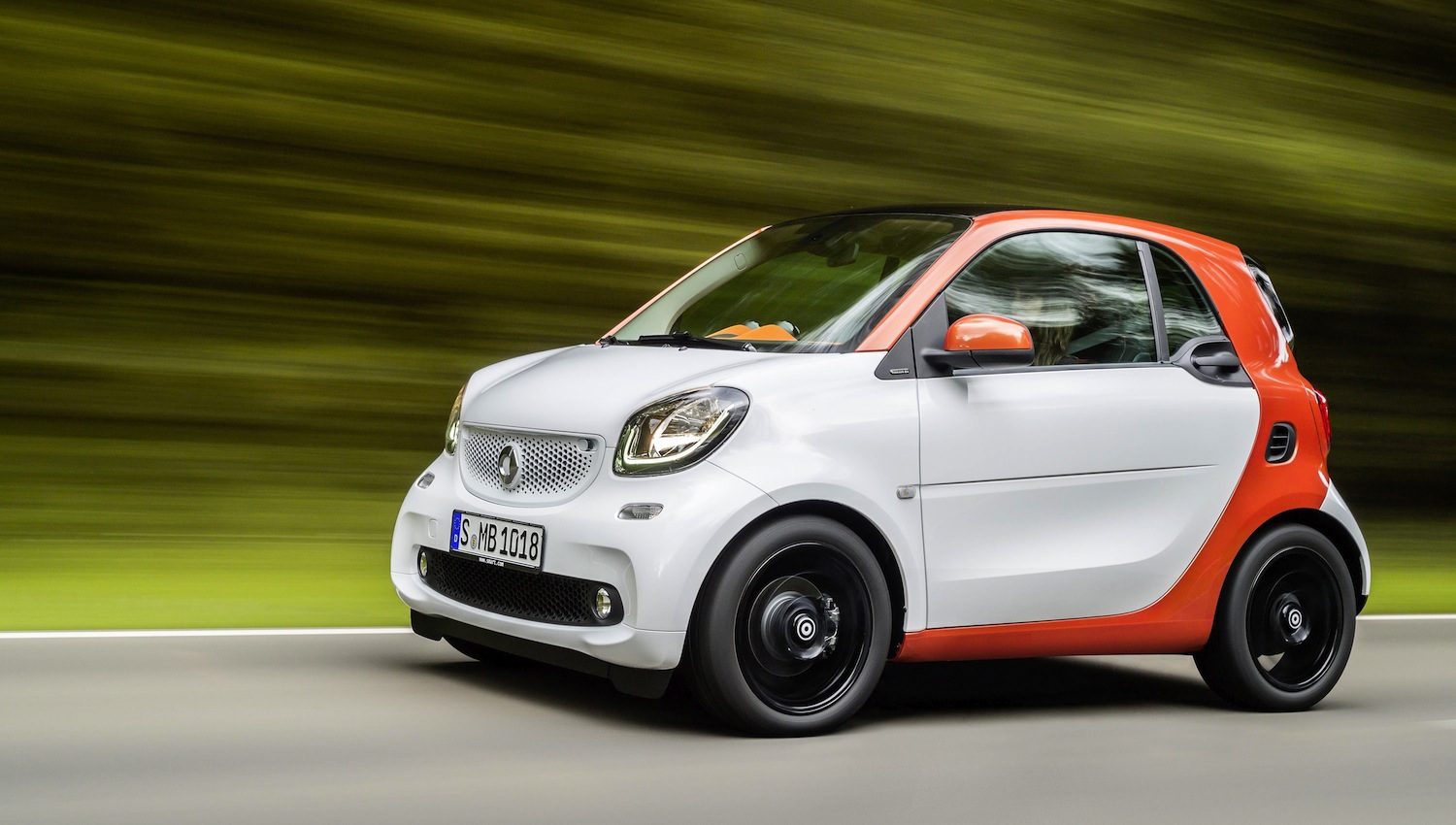
5. Smart Fortwo
The Smart Fortwo is a vehicle that embodies a very specific urban mobility solution: an ultra-compact, two-seater car designed for city environments where parking and maneuverability are at a premium.
While its concept is innovative and appeals to a niche market, the Fortwo’s resale value is limited by several factors related to practicality, brand perception, and reliability concerns.
The Fortwo’s tiny size means that it offers minimal passenger and cargo space, which restricts its usefulness beyond short city commutes. For many buyers, this limitation outweighs the convenience factor, particularly when compared to similarly sized but more versatile vehicles like the Fiat 500 or subcompact hatchbacks.
Reliability and maintenance also affect the Fortwo’s reputation negatively. Although the car employs relatively simple mechanics, owners have reported issues such as battery problems, electrical faults, and costly repairs due to the specialized components required.
Additionally, the Smart brand has a limited dealer network in many regions, making service and parts less accessible and potentially more expensive.
This lack of support deters many buyers in the used market who prefer vehicles backed by an extensive service infrastructure. Moreover, the Fortwo’s niche appeal means the pool of interested used car buyers is small, leading to slow sales and low prices.
In essence, while the Smart Fortwo offers a clever solution for a narrow set of urban needs, its limitations in practicality, reliability concerns, and brand support combine to suppress its resale value significantly.
ALSO READ: 5 Models That Run for Pennies and 5 That Demand Luxury Care
In the complex world of automotive purchasing, the reputation of a car can be just as important as its price, features, or performance. The link between reputation and resale value is a critical aspect often overlooked by buyers until they experience the financial impact firsthand.
Through the examples of vehicles that either maintain strong resale values or depreciate rapidly due to reputation—or lack thereof—we gain vital insights into how trust, reliability, and desirability shape the economics of car ownership. Understanding these dynamics is key to making smart, financially sound decisions in today’s diverse and competitive car market.
The five vehicles with strong reputation-based resale value—the Toyota Tacoma, Honda Civic, Subaru Outback, Jeep Wrangler, and Porsche 911—illustrate the power of reliability, brand loyalty, and cultural significance. These cars benefit from engineering excellence that minimizes costly repairs and maximizes durability, giving buyers confidence that their investment will remain sound for years.
Their manufacturers have cultivated strong brands by consistently delivering quality and innovation, which in turn fosters passionate and loyal customer bases.
Whether it’s the Tacoma’s rugged versatility, the Civic’s balanced practicality, the Outback’s adventurous spirit, the Wrangler’s iconic off-road heritage, or the 911’s performance pedigree, these vehicles transcend their function to become symbols of value retention and satisfaction.
In contrast, cars like the Nissan Versa, Fiat 500, Chevrolet Cruze, Mitsubishi Mirage, and Smart Fortwo exemplify how weak reputations can drastically erode resale value.
These models often suffer from a combination of reliability concerns, limited feature sets, and brand perception challenges that discourage buyers in the used market. Poor build quality, high maintenance costs, and lack of widespread service networks further amplify these issues.
As a result, these vehicles depreciate quickly, sometimes rendering them more costly to own over time than initially anticipated. For budget buyers who prioritize low upfront costs, these cars might seem appealing, but the rapid loss in value often negates any initial savings, making them less attractive as long-term investments.
The contrast between these two groups underscores that resale value is far more than a simple number; it is the reflection of trust, satisfaction, and ongoing demand in the automotive marketplace.
Buyers who choose vehicles with strong reputations benefit not only from higher resale prices but also from lower maintenance worries and more enjoyable ownership experiences.
On the other hand, those who overlook reputation risk face steep depreciation and frustrating ownership challenges. This dynamic highlights the importance of thorough research and prioritizing quality and brand reputation alongside price and features.
Moreover, market trends and evolving consumer preferences continue to shape resale values in significant ways. The growing dominance of SUVs and crossovers, advances in technology, and shifts toward electrification will all influence which vehicles retain value in the coming years.
Nonetheless, the core principles remain unchanged: durability, reliability, customer loyalty, and cultural resonance will always play pivotal roles. For buyers who keep these factors in mind, selecting a vehicle becomes less about short-term trends and more about long-term value and satisfaction.
Ultimately, whether purchasing a pickup truck, compact car, crossover, or sports car, understanding the interplay between reputation and resale value empowers consumers to make decisions that protect their financial interests.
By learning from the successes and shortcomings of different models, buyers can avoid costly depreciation pitfalls and invest in cars that deliver enduring quality and desirability.
This strategic approach to car buying ensures that vehicles serve not only as a means of transportation but also as valuable assets that retain worth and contribute positively to the owner’s overall financial well-being.

